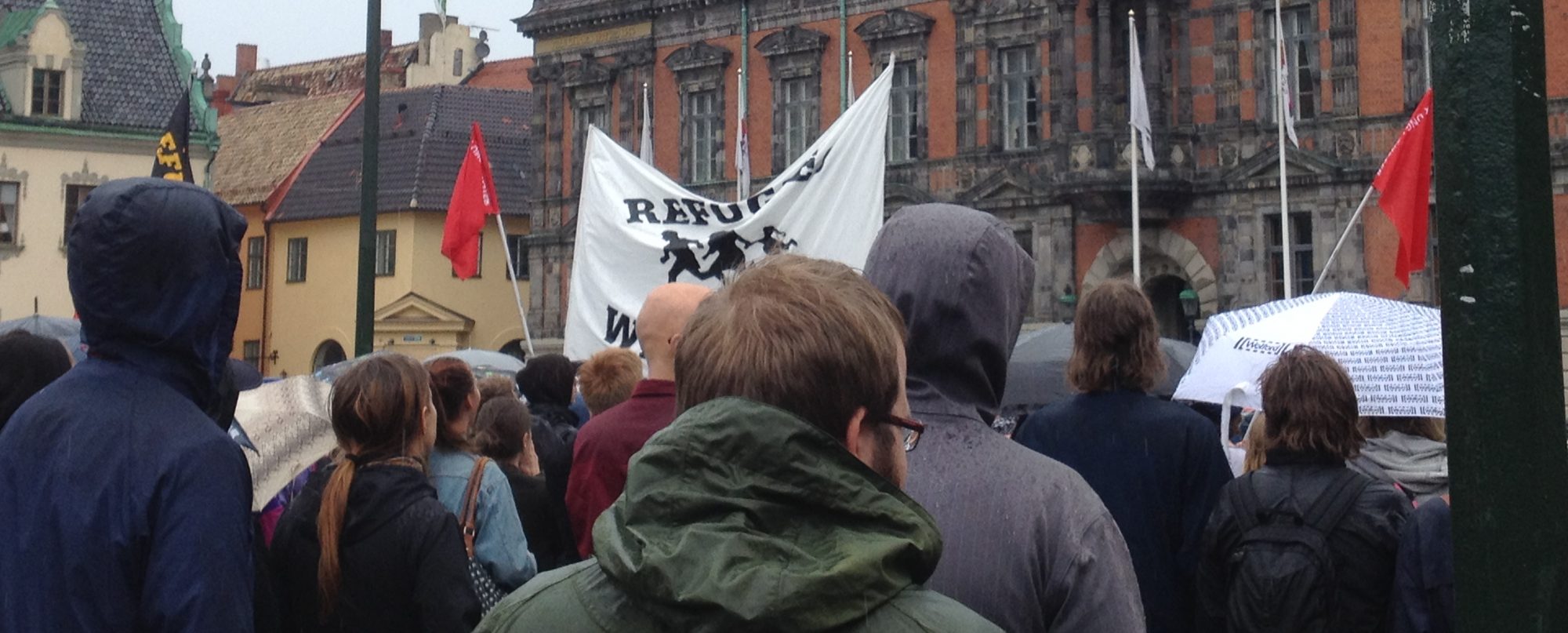Questions of gender, migration and racism have become central matters in current welfare states, providing challenges to national identities developed around perceived homogeneity and universal treatment of citizens. Combining feminist intersectionality studies with critical border studies and decolonial studies that question and reconfigure ideas of material and cultural borders, the project aims to contribute to a shift from methodological nationalism to a view of society as a site for construction and challenging of different kinds of borders.
The project examines everyday border struggles and collaborative knowledge production in antiracist and migrant rights activism, with a special focus on how these struggles are shaped by gender, ethnicity, race, class and age. The project investigates theoretically and empirically the emergence of ‘disobedient knowledge’ from encounters in social movements and from the incorporation of the knowledges of migrants and minorities living their life at the border. By doing so, it aims to identify alternatives to exclusionary nationalism and the now embattled liberal multiculturalism in the public sphere.
The project consist of five sub-projects that focus on (1) postethnic minority activism (Suvi Keskinen, PI), (2) collaborative design of antiracism mobile app (Aminkeng Atabong Alemanji), (3) migrant rights activism (Minna Seikkula), (4) feminist activism (Nelli Ruotsalainen) and (5) equality data development together with ethnicised/racialised minorities (Amiirah Salleh-Hoddin).
The project is funded by the Academy of Finland (2018-2022, decision 316445) and situated at the Swedish School of Social Science, University of Helsinki.
